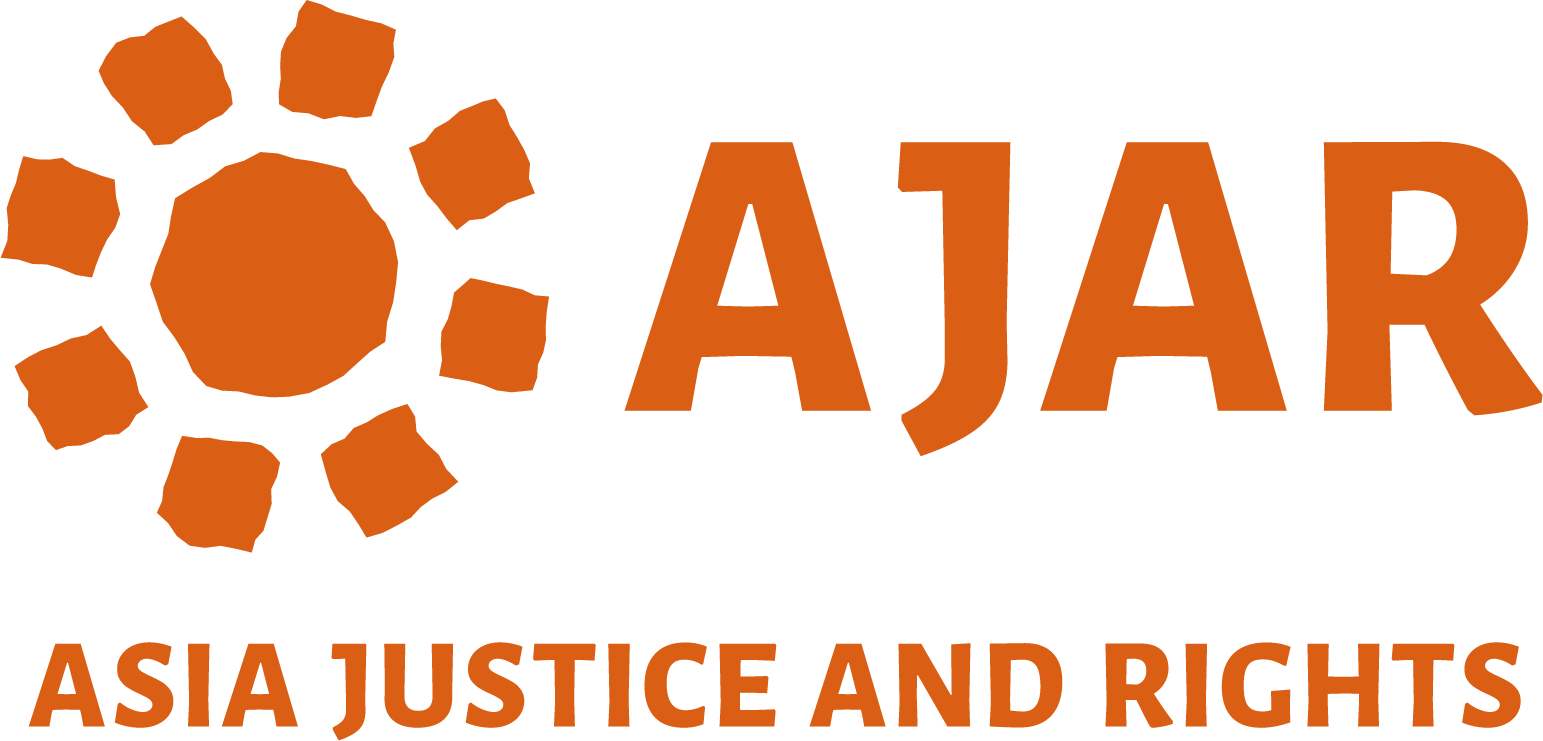 The underlying assumption of transitional justice is that past crimes – committed during an armed conflict, or by a repressive regime – must be adequately addressed in order to build a democratic, pluralistic, inclusive and peaceful society. The acknowledgement of war crimes and mass human rights violations is essential for restoring dignity to victims, enabling society to regain trust and initiating a process of reconciliation – both vertical (between citizens and state authorities) and horizontal (between different groups in cases involving conflicts between populations) – that duly complements the criminal prosecution and sentencing of perpetrators and the award of reparations to victims.
The underlying assumption of transitional justice is that past crimes – committed during an armed conflict, or by a repressive regime – must be adequately addressed in order to build a democratic, pluralistic, inclusive and peaceful society. The acknowledgement of war crimes and mass human rights violations is essential for restoring dignity to victims, enabling society to regain trust and initiating a process of reconciliation – both vertical (between citizens and state authorities) and horizontal (between different groups in cases involving conflicts between populations) – that duly complements the criminal prosecution and sentencing of perpetrators and the award of reparations to victims.
Failure to recognize and punish the crimes and violations that have occurred leads to denialism and perpetuates and legitimizes violence. Without the memory of the past, there can be no right to truth, justice, reparation, or guarantees of non-recurrence. For this reason, memory processes in connection with serious violations of human rights and international humanitarian law constitute the fifth pillar of transitional justice.
In the Durban Declaration and Programme of Action of the World Conference against Racism, Racial Discrimination, Xenophobia and Related Intolerance, adopted in Durban in 2001, the role of memory is understood as a tool for combating injustice and promoting peace: “Remembering the crimes and wrongs of the past, wherever and whenever they occurred, unequivocally condemning its racist tragedies and telling the truth about history are essential elements for international reconciliation and the creation of societies based on justice, equality and solidarity.”
Memorialization deals with events that took place long ago, such as the slave trade, and violations committed in the recent past or during ongoing conflicts.
Good Memorialisation Practices
- In Sierra Leone, the Truth and Reconciliation Commission launched a national cross-disciplinary project that triggered a broad reflection on the country’s vision for the future.
- In Argentina, the work of the Truth Commission (the National Commission on Enforced Disappearance of Persons) and criminal prosecutions have helped to forge a common understanding of State terrorism under the military dictatorship.
- The Truth and Reconciliation Commission of Canada, after establishing the facts about persons who were directly or indirectly affected by the legacy of the Indian Residential Schools, devoted much of its work to the promotion of reflection on this past within society.
- In Liberia, one of the recommendations of the Truth and Reconciliation Commission was to launch a “memoryscape” that would examine forms of reparation and work on neo-traditional dispute settlement mechanisms.
- Books such as The Northern Ireland Book of the Dead have had a broad impact, including on the Catholic and Protestant Churches of Ireland, and have made it possible for both communities to share their suffering, A textbook on Franco-German history by authors from both States was published under the title Histoire/Geschichte at the start of the 2006/07 school year. Another reference book worth mentioning is the Israeli-Palestinian work Histoire de l’autre, produced by the Peace Research Institute in the Middle East.
- Civil society plays an important role in public memorialization activities. In 2019, voices in Lebanon were raised to express the need for dialogue, debate and the reappropriation of memory in the public arena in relation to the conflict that tore the country apart between 1975 and 1990. Walking tours along the route of the “green line” that once separated the communities, photo exhibitions on the civil war, film screenings and countless debates were organized.
